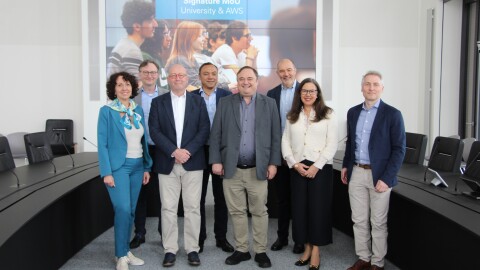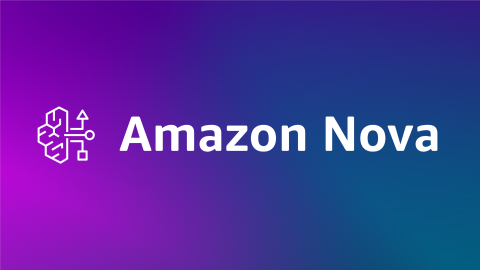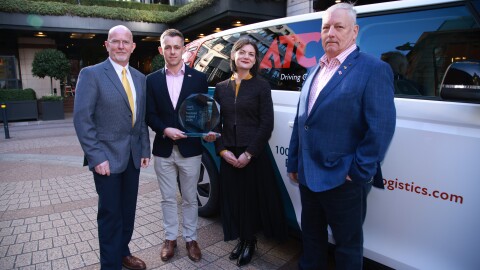Earlier this year, a group of 17-year-old students from the Centre of Science and Technology school (COSAT) in the township of Khayelitsha, Cape Town, gathered around a giant screen at AWS’s offices in South Africa. Via video link, they were surprised to see another group of students, more than 6,000 miles away, at a school in Dublin, Ireland.
One Irish teen stepped forward shyly and asked, “What do you guys do for fun at the weekend?” When the young people from Cape Town explained that they have to go to school on Saturdays, their Irish peers reeled in disbelief. The ice was broken. Before long the students were singing, laughing and joking together.
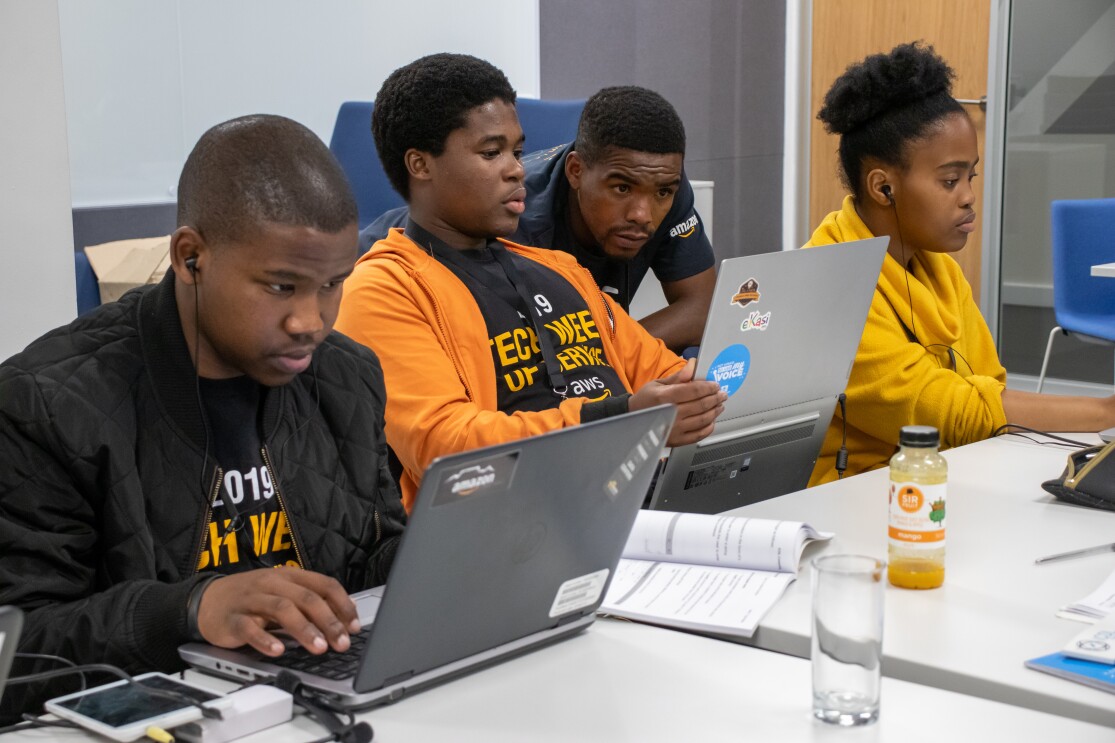
The video call was also a certificate presentation ceremony - the finale of a three-day intensive coding boot camp that saw the 15 Grade 11 students from COSAT gain the International Certification of Digital Literacy (ICDL) for computing. Candidates who achieve this internationally-recognized qualification have shown they understand essential concepts and skills, relating to computational thinking and coding, to create simple computer programs.
AWS worked with International Computer Driving Licence (ICDL) South Africa, and Kids Who Code, to organize the boot camp. The students had volunteered to give up some of their holiday for the chance to take part. It was a horizon-expanding experience for these bright young teens (all of whom scored an average of 80%) growing up in one of South Africa’s most disadvantaged neighborhoods. The video link up, organized by AWS volunteers in Cape Town and Dublin, was a chance to celebrate their achievements, and give each group of young people the opportunity to learn from the other’s experience.
The Irish students were taking part in Tech Week, a nationwide festival of technology aimed at students, parents and the public, organized by the Irish Computer Society with support from AWS and Science Foundation Ireland. They had received a talk from Amazonians in Dublin on careers in cloud computing and were eager to meet peers who had completed an official coding qualification.
“When the kids came to the AWS head offices in Cape Town they got a sense of what it feels like to be in a formal workplace,” explains Jenny van Niekerk, the CEO of ICDL South Africa. “They talked to AWS volunteers who were programmers or engineers. It gave them greater insight into what kind of careers are out there.”
The students’ instructor for the boot camp was Thulani Matyeni, the founder of an organization called Kids Who Code. Thulani carried out lessons in a combination of English and the students’ local language of isiXhosa.
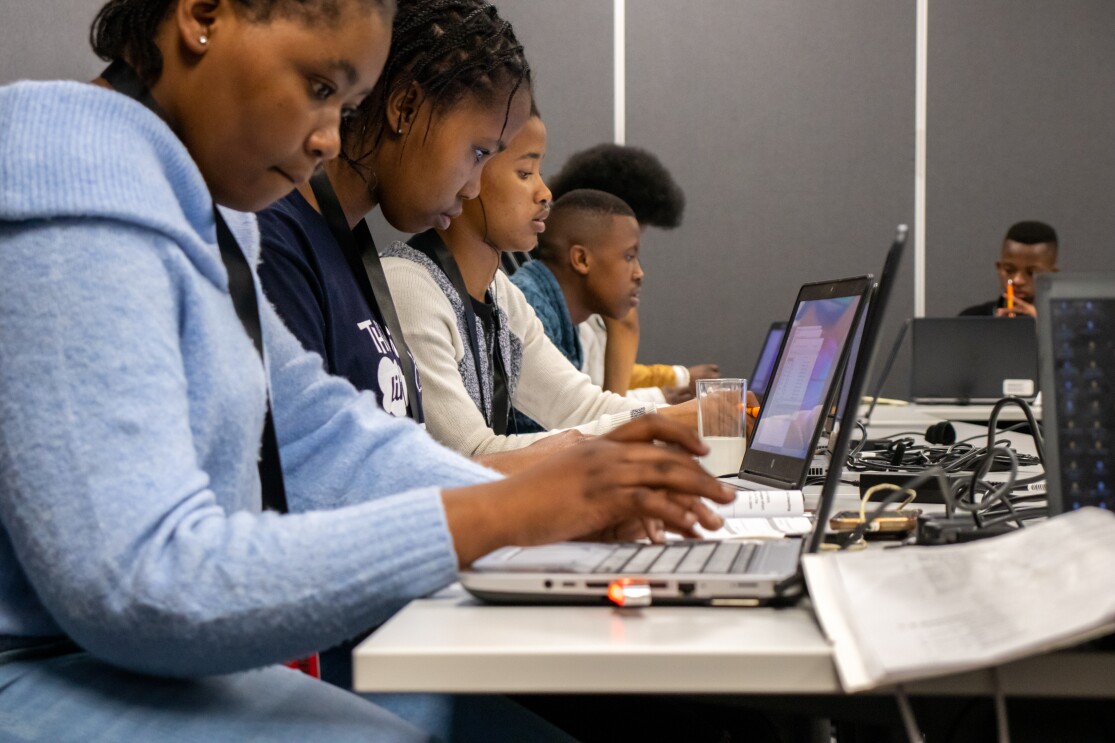
Since the initial boot camp, a further 30 students from COSAT and 10 from Sinenjongo High School have taken part in the course. The aim is to roll out the initiative to other schools. Perhaps even more importantly, two students who took part in the original boot camp have come back to train as facilitators. “We strongly believe in paying it forward - giving your knowledge and your time,” says Jenny. “We need to breed opportunities like wild fire.”
“Coding and computational thinking are must-have skills for young people going into the new world of work. By inviting learners to spend time in the kind of work environment they would not usually have access to, AWS is helping to show them where these skills could take them."
Jenny shares a large bundle of thank you letters from the students in Cape Town. One is from a girl who scored over 90% in her final exam. The letter reveals that her trip to the AWS offices was the first time that she had ever been in an elevator.
“Anyone, whatever their background, can learn how to code,” says Jenny. “It’s a great equalizer. If you can develop digital skills and use technology, you are on the path to success.”
The coding camps are just one of a range of global efforts by AWS to support local communities where it operates. This includes offering people from underrepresented groups opportunities to develop their digital skills, with initiatives such as a Data Centre Technician training scheme in Ireland, and recent ‘We Power Tech’ cloud learning and development events for women in Turkey.




